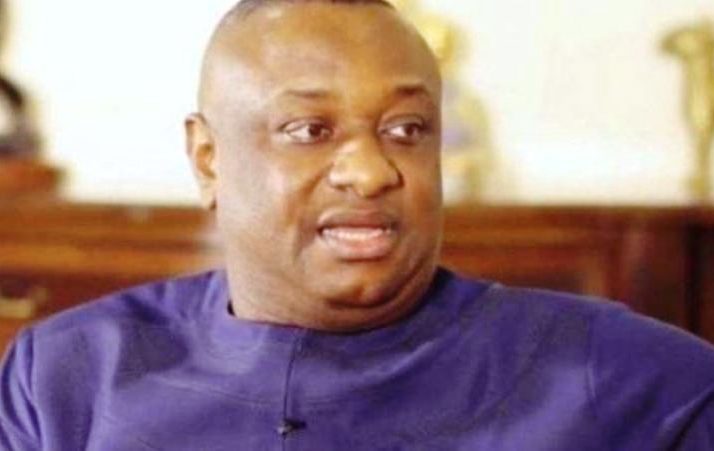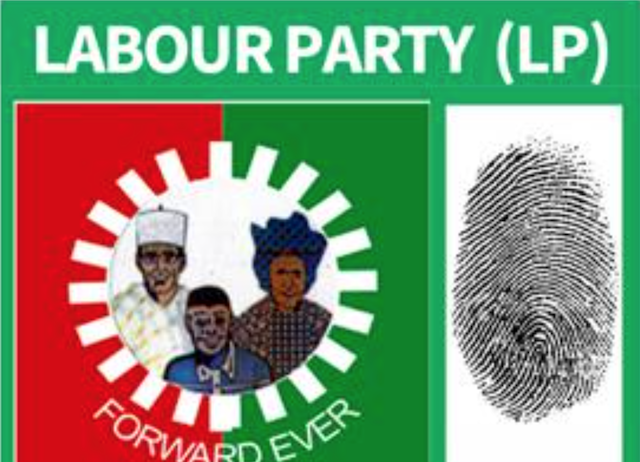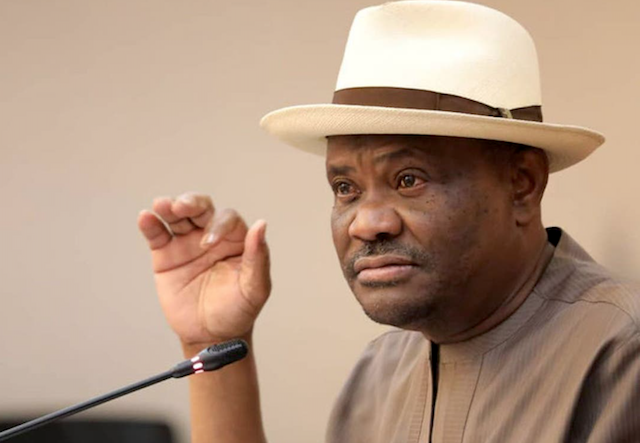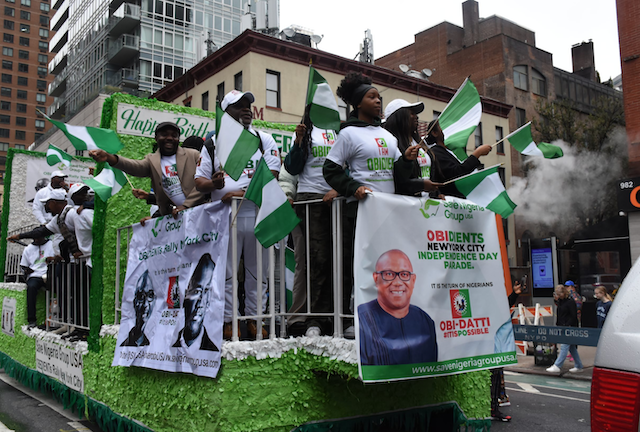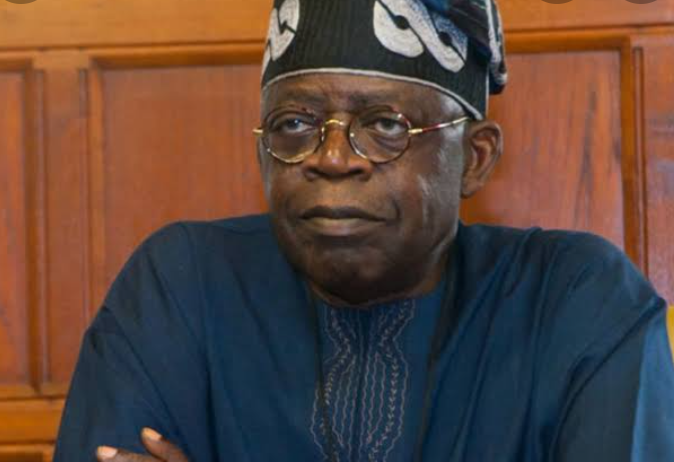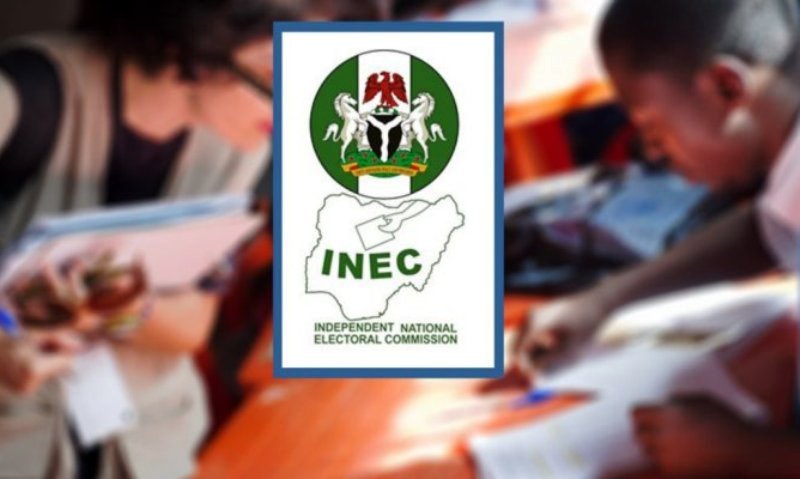The crowds of power wear an amorphous but identical face. It does not matter whether they are the Roman plebeians, renegade factions of the Athenian metropole or the rough racist hounds that accompanied Donald Trump to defile the US Capitol on 6th January 2021. They are all roughly the same. Political crowds troop out in passionate pursuit of whatever incenses them at a given time.
Hitler was always greeted by throngs of Nazi devotees as he rallied popular support in support of his exploits and toxic theology of hate and phantom supremacist myths. Unconsciously, the crowds began to salute like the Fuhrer and the swastika became a badge of curious honour. In Caracas, Venezuela, Hugo Chavez had a special budget for entertaining the crowds that trooped out ever so frequently to listen to his periodic lengthy rants about the socialist utopia and the capitalist devil nearby. After each bout of propaganda, Venezuelans would return home to find no food and visit shops with empty shelves. Wherever and whenever power is in contest, the crowds gather irrespective of whether the hero of the moment is a fiery revolutionary, preachy decrepit democrat or confused military despot. The crowd just marched in the streets of Ouagadougou to welcome yet another African baby dictator!
In a democracy, those who judge the popularity of a political cause by the quantum of crowds at rallies need to think again. Those throngs and multitudes that troop out to chant the anthem of a cause or greet the moment’s man of power often have little or nothing to do with definitive partisanship or real support. The crowds are often massed in the service of something new. Democracy’s periodic elections have a way of being constant sources of seasonal messiahs. Politicians are the most creative species when it comes to creating new embodiments of promise, hope and utopia. Rented crowds show up in the most unexpected places and in quantities that no one imagined previously.
Rented crowds are as old as party politics everywhere. They are the most common expression of democracy as the currency and facilitator of the modern market society. Here, everything is a commodity and every interaction is transactional: “if you pay, we will troop out for you! If you pay, we shall mobilize votes for you!” Enter the crowd contractor as a specialist in the game of democracy. The crowd contractor can rent you a rally crowd, rent you emergency bishops complete with a variety of cassocks. Just name it!
At other times, the crowds of power are massed in the pursuit of a creed, a catechism or a phantom ideal like the sudden emergence of a messianic leader. Processions of protesting crowds may emerge when a popular disquiet graduates into a movement in pursuit of an ideal. The crowds that swept the Arab world during the Arab Spring were a spontaneous eruption of pent -up opposition to perpetual tyrants in power all over the Arab world. Throngs and crowds can also mass up in pursuit of a ‘gold rush’ when political oligarchs dish out bales of cash to rent crowds in support of their political enterprise. In the course of my career, have seen different metamorphoses of crowds in support of diverse causes.
In Tripoli from June to August 2011, a combined air strikes of Western powers was pounding the fortress of the Gaddafi regime in Libya. The initial demonstrations featured huge impenetrable crowds of Gaddafi supporters. They were united in denouncing the imperialist forces of the West for seeking the overthrow of the populist leader. At the town centres and popular squares, the crowds were an unmistakable daily feature. With a bit of training, this reporter could track the leaders of the protests who showed up daily to rally the crowds and sustain the protests. As time progressed and the air strikes progressively took out the strategic heights of the Gaddafi power stronghold, the supporting crowds began to thin out as it became more dangerous and also clear that the strongman had only a matter of days to either flee, surrender or get killed.
Gradually, a counter crowd began to mass in parts of the suburbs of Tripoli and different urban centres like Benghazi. The counter throngs built up as the strong air power of the West incinerated what remained of Mr. Gaddafi’s hold on power. The chants changed from “Down with America!” to “Away with Gaddafi!”. The same faces, the same crowds, the same leaders! I was able to identify about half a dozen regular faces, having studied the film footages of the weeks- long protests. The same faces, the same individuals had led the protests and crowds that denounced the West initially and were now calling for Gaddafi’s head. They must be either professional crowd managers or deliberate malefactors. The day the strongman was killed like a common criminal on the streets as he tried to flee in a convoy, the same faces led the throng of a final citizens parade to whom a bloodied and humiliated Gaddafi was pleading for mercy and forgiveness! So much for the solidarity of crowds!
As the frenzied countdown to Nigeria’s 2023 elections enter the streets in campaign mode, we are being treated to a contest of crowds by the top contenders for the presidential slot. On October 1st, Mr. Peter Obi’s OBI-dients stormed the political fortress of Lagos in novel fashion. An anticipation that they will mass up at the Lekki Toll Gate had misled the police into supporting a court injunction outlawing political campaigns at the location. But the OBI-dients are not your usual political rally crowd. They may not even be Labour Party members or supporters. I reckon that over 98% of Mr. Obi’s crowd of supporters hardly know anything about the Labour Party or care about its logo or manifesto. And outside Mr. Obi who has become something of a pop star mascot of a popular movement, most OBI-dients do not know and cannot recognize any other face in the Labour Party.
To mark independence day, Mr. Obi’s supporters trooped out and massed up from all corners of Lagos: Festac, Ikeja, Surulere, Lekki , Victoria Island, Ikoyi etc. The mammoth crowds were literally everywhere, even in tiny street corners in the slums and outskirts. Even the Lekki Toll Gate was overwhelmed as the thousands of youth gathered at the Toll Gate. At the climactic moment, the gathered youth burst spontaneously into an emotional rendition of the Nigerian national anthem. At that moment, even the police personnel sent to enforce the court order against rallying at the Toll Gate stood at attention to respect the national anthem.
As it turns out, the tumultuous OBI-dient rallies were replicated in other urban centres of the country: Uyo, Calabar, Zaria, Benin and Warri among others. Some aspects of the OBI-dient rallies stood out in their supreme symbolism and emotional solemnity. A toddler dressed in national green outfit carrying a tiny flag of the Labour Party emerged as a befitting poster child of the campaign. In Warri, a squad of physically challenged citizens rallied on their wheelchairs chanting the national anthem with hope in their eyes.
Not to be outdone by the OBI-dients’ increasing showing of popular support, the other major party campaigns have latched on to the crowd sourcing challenge. Barely a few days after October 1st, a huge collection of women supporters of Mr. Bola Tinubu of the APC massed up at the Tafawa Balewa Square in Lagos. Shortly afterwards, a mammoth crowd of Tinubu supporters marched in the streets of ancient Ibadan. All these took place as Mr. Tinubu himself was away in London on a private vacation of sorts. In a similar move, Mr. Kwakwanso of the NNPP showed his Kano support base with an equally tumultuous outing in Kano last week. Clearly, a contest for crowds is in the offing.
On his part, Mr. Atiku Abubakar, presidential candidate of the PDP defied the internal wrangling threatening the cohesion of his party to put up a show of strength in Bauchi a few days ago. The crowd of supporters that trooped out to welcome Mr. Atiku in Bauch is a potent message to all those who are yet to understand the geo- political heartbeats of the 2023 presidential election. It was a tumultuous crowd that stepped out to own Mr. Atiku and his campaign for the presidency this time around.
From all this, the public assessment of the 2023 elections will be gauged by the size of the crowds that mass up in support of the various candidates. What is likely to play out is that over time, the size and momentum of these crowds will come to reflect a number of factors playing in favour of each candidate. Factors such as religion, geo politics, gender and the youth bulge will emerge to be reflected in favour of each candidate. These factors are yet in incubation as the campaign organisations of the various candidates get to work.
However, at this early stage, a clear distinction needs to be made between two emerging patterns on the campaign trail. On the one hand, there is the decentralised crowds of mostly spontaneous volunteers in support of Mr. Obi and therefore the Labour Party. This spontaneity is driven by the peculiar factors that have combined to earn Mr. Obi such a large following in a relatively short time. That the OBI-dients should emerge in less than six months of the party primaries to compete for crowd volume with the PDP which has been in existence for 23 years and the APC which has been here for a little over 8 years speaks to a fundamental difference of structure, messaging and timing.
The earliest criticism and reservation that most observers had about the relative popularity of the OBI-dient movement is its ‘lack’ of structure in the conventional sense of parties as we have come to know them. We need to understand the source of this phenomenon. First, the relative nationwide popularity of Mr. Peter Obi and his movement is the result of a novel convergence. It is the convergence between the current mood of the nation which has found a credible messenger in Mr. Obi and an appropriate message for the time. The quest for political leadership that can be trusted and promising a different people oriented politics is a refreshing departure from the old politics as usual which many now see as represented by both Messrs Atiku and Tinubu respectively.
Over and above this thematic distinction, the Peter Obi movement or OBI-dients is not strictly speaking about the stake of a party. It is instead an idea of a new nation that needs a party to contest the next election. At best, it is a movement-party, a common feature of the new wave populist democratic movements in parts of the world like Chile, Hungary and a bit of post -Mugabe Zimbabwe. In the context of a movement-party, then, structure is not vertical top to bottom as it obtains in conventional parties. In that old model, authority is passed down a hierarchy that flows down from the national, the zonal, the state, local government and ward levels.
In contrast, the movement- party has a horizontal bottom -up structure. Authority is dispersed and derives from voluntary individuals and citizen groups. It is the broad horizontal support base of the citizens that empowers the structures of the party to act on their behalf. Authority, power, control and even funding are derived from the bottom and flow up to support the common national cause. What powers the movement-party is the shared conviction, the belief in an idea whose time has come. That horizontal imperative cuts across and through all other divides: religion, ethnicity, region, class. It is the fact that the broad citizenry want to transcend these barriers that holds a movement-party together and makes it different. It is therefore wrong to dismiss the OBI-dients as being without a structure. Their structure is inherent in what they are, a popular movement that needs a pafrty logo to legitimize its quest for power. That we do not know or understand something does not mean that it does not exist!
This structural difference also implies different campaign formats. The conventional parties will organise rallies at state capitals, mass up supporters (rented or otherwise) in stadia, huge town halls and other gathering places. There, they will be addressed by a gamut of party hierarchy and chieftains. By the time it comes to the turn of the flag bearer or presidential candidate to speak, the crowd will have built up into a frenzied cacophonous babel and rowdy tumult. The candidate will be lucky to utter more than party slogans and silly catch phrases: “PDP! Power!!”, “APC! Change!!” etc. In the process, effective communication with the crowd is lost as there is nothing said at the rally that can be quoted thereafter. That is how come we have candidates that no one can hold accountable for any promises made at campaign rallies.
On the contrary, a movement-party imposes a different campaign format and communication imperative. The campaigns even in a state cannot hold in any one location. Wherever there is a reasonable demographics of followers, a major march through the town takes place. It is hardly ever a stationary campaign. It is a moving train of citizen followers and advocates organising themselves on a volunteer basis. The social media is the standard communication platform of the campaign. Once the central message from the movement leadership is issued, it spirals, trends and goes viral among all followers and advocates. The message is usually simple and direct to the broad majority: “We want to take back our country!” “It is time to return the country to YOU!”, “Power belongs to YOU. We are running for power through YOU”! etc.
There is nothing in this distinction between the two models on display that as yet confers an electoral advantage on either in the imminent confrontation in Nigeria. But the emergence of the OBI-dients on the Nigerian political scene is a novel disruptive phenomenon. We need to better understand its popularity, pattern of campaigning and crowd sourcing template. There is already evidence that the conventional parties will try to emulate some features of the movement format- like street marches- as against stationary fixed venue campaigns.
Ultimately, however, it is the extent of mobilization and the mix of factors at play in a vast country such as this that will determine who becomes Nigeria’s next president. It will not be just the size of crowds alone.
